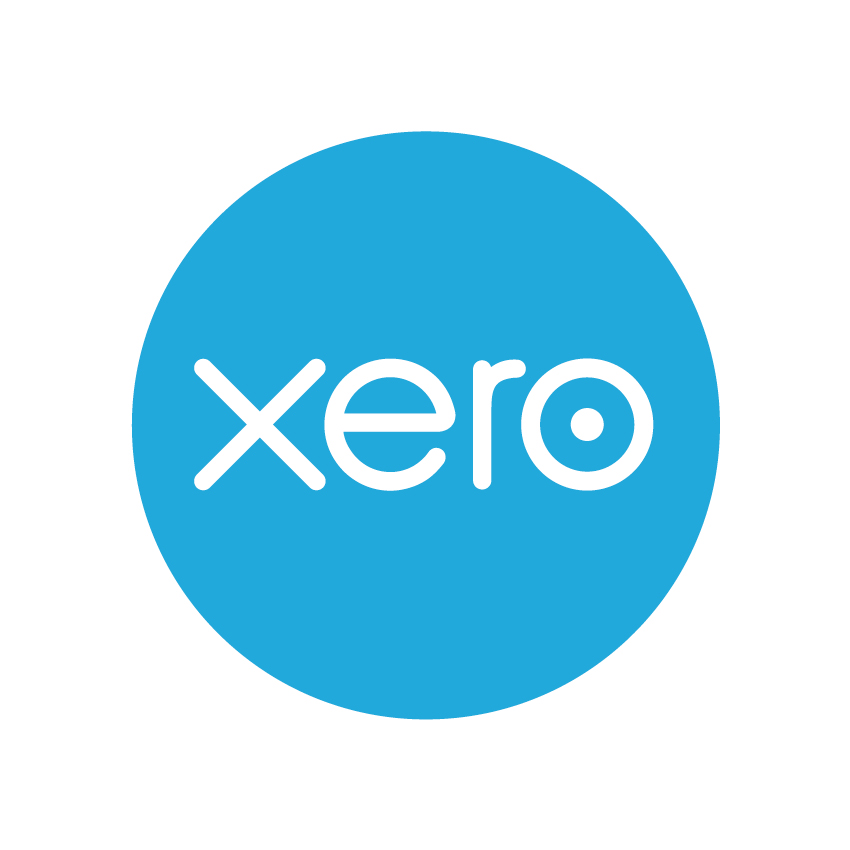– Guest Opinion –
The combination of limited access to capital, complex and time consuming financial processes, and the lack of confidence in business data has stifled growth and job creation in small businesses — the biggest sector of our global economy.
But the financial web, which incorporates a network of organizations sharing financial data, promises to connect financial institutions and small business owners, unlocking massive productivity and growth.
Wells Fargo + Xero = better access for small businesses
Today, Xero announced an integration with Wells Fargo, a top bank serving more than three million small businesses and one in three households in the United States. This is an exciting milestone for us in the US where we can help give small businesses better access to, and control of, their financial data so they can grow and thrive.
We recently surpassed more than 700,000 subscribers around the world. North America is Xero’s fastest growing market with already more than 62,000 subscribers.
Together with Wells Fargo, we will help small businesses capture a true picture of their financial position and empower our mutual customers to control their financial data. We believe this will fundamentally rewire how small businesses operate, and light a fire in the engine room of our economies.
Brett Pitts, Head of Digital for Wells Fargo Virtual Channels says, “We’re incredibly pleased that Xero is the first major technology company to join us on the journey of creating a more customer-focused model of sharing data between companies that have common customers. In an era of increasing concern about the security of electronic financial data, it is time to move toward more secure and more reliable data exchange methods.”
The financial web
The foundation of the financial web is the very important connection between secure bank feeds and accounting. It enables small business owners, working in the cloud, to do their bank reconciliations on their mobile phone while riding the train into work, or capture a real-time view of their cashflow ending the monthly stress of catch-up. As simple as it sounds, it fundamentally changes how a business can operate – anytime, from any device with insights to help them make decisions on the fly.
The financial web is set to revolutionize financial services to small businesses, simplifying and streamlining services to give small business owners better insights into their business and access to capital. It frees up businesses to focus on what they do best. And it allows banks to innovate fast and quickly deliver new services, tools, and technology to their customers.
Many of the world’s leading financial institutions now share this vision. Major financial institutions around the globe are integrating with Xero’s cloud platform to offer small businesses a true picture of their financial position and better access to and control of their financial data in a cost-effective, scalable and intelligent manner that provides a complete and real-time view of their business clients’ financial state.
Building a financial network for small businesses
In the US we have relationships with Silicon Valley Bank and City National Bank, with more in the works. We also have integrations with Paypal and Stripe, to name a few payment providers.
In the UK, with the addition of Barclays earlier this year, we have five of the top six banks already running direct feeds to Xero. This gives Xero coverage for over 90% of UK’s small businesses.
In Australia, we’ve set up connections with 50 Australian financial institutions and have the best account coverage among the big banks for bank feeds, including National Australia Bank. Similarly, in New Zealand, we have relationships with all the large banks and a third of all New Zealand’s small businesses on the Xero platform.
Establishing financial relationships in online accounting is at the core of the new financial web — which is the flow of data between banks, accountants, and small businesses. Our technology relationship with Wells Fargo is an example of how the financial web is growing. As we work to extend the small business financial web, we’re empowering customers to harness the power of their data and banks to better serve their customers. We are committed to growing the number of relationships we have with top-tier financial institutions.
Xero was born in the cloud. We’ve completely disrupted the traditional small business accounting processes by building a platform that enables small businesses to have a complete view of their cash flow and financial status. In the past 12 months, we’ve shipped more than 1200 new product features and updates. The increased adoption of cloud technologies will further accelerate this pace of innovation. Having a world-class open API enables our ecosystem of more than 500 integrations to flourish and helps lift small businesses in the process.
———-
Rod Drury is the CEO and co-founder of Xero and serves on its Board of Directors. As the visionary behind Xero he has been acknowledged by his international peers through many technology and business awards, including 2013 EY New Zealand Entrepreneur of the Year, NZ Herald Business Leader of the Year in 2012, member of the NZ Hi-Tech Hall of Fame, NZ Hi-Tech Entrepreneur of the Year in 2006 and 2007, World Class New Zealander for ICT in 2008, and Honorary Fellow of the Institute of IT Professionals NZ. Before starting Xero, Rod was involved in a number of successful startups including Context Connect, Glazier Systems and Aftermail.
Thanks for reading CPA Practice Advisor!
Subscribe Already registered? Log In
Need more information? Read the FAQs
Tags: Accounting, Small Business, Technology




